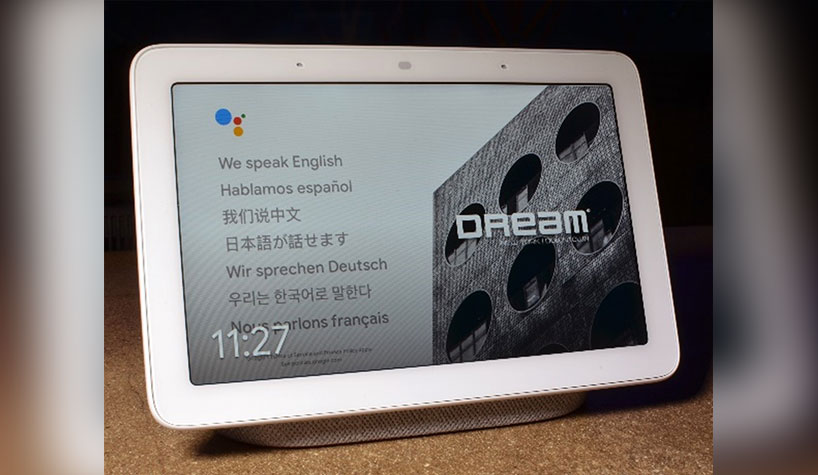NEW YORK—It’s a universal concept: Communication is key. This is true for successful relationships, learning and experiences and even travel. Communication can bridge not only language gaps but cultural ones, but for communication to do this, it needs to work.
Through its distribution and implementation partnership with Volara, Google has launched a hospitality-grade voice translation technology spanning 29 languages.
“For years, hotel staff who speak a language different than a guest have had to muddle through with limited understanding or leverage expensive translation services that simply weren’t worth the time or money to engage for basic—but critical—guest requests,” said David Berger, CEO of Volara. “With the Google Assistant’s interpreter mode, well-serving guests from diverse language backgrounds is no longer cost-prohibitive.”
The Google Assistant is designed to work with hotel front-desk employees and concierge, providing a more seamless service experience and improving guest-employee interactions.
“Hoteliers adopt technologies that solve a pain point, most often a pain point that has a measurable cost or if well addressed could generate a measurable benefit. Hoteliers may be slow to adopt technology for technology’s sake but draw the line to revenues or cost savings and they’ll adopt quickly,” Berger said.
Berger believes that the Google Assistant interpreter will provide a measurable return for hoteliers, something that’s top of mind in 2020. The idea is to provide a brand-consistent voice-based guest experience that drives this return across an entire portfolio, he said.
“I cringe when I hear hoteliers say, ‘We don’t get many foreign language-speaking guests.’ Foreign language speakers are traveling and visiting national parks, theme parks, casinos and other tourist sites, as well as visiting family at universities and other places where they’ve chosen to live,” Berger said.
The process will work via Google Nest Hub devices at front desk or concierge areas. When a foreign language speaker arrives, a hotel employee says, “Hey Google, help me speak English/Japanese/Chinese,” or, “Hey Google, be my English/Japanese/Chinese interpreter.”
The interpreter will translate the conversation verbally and visually in real time.
“Foreign language-speaking guests—when well served—become foreign language-speaking net promoters and generate foreign language online reviews. Non-English speakers are an untapped market for many hotels, but a market that can be addressed by rolling out the technological red carpet—with the Google Assistant’s interpreter mode as a central component. In this way, the solution can actually expand a hotel’s market reach—putting more heads in beds,” he said.
Volara also provides this tool with custom branded hotel images.
“Voice is just a medium of communication; there are great orators and bumbling fools who have used their voices over time with very different outcomes,” Berger said. “Enabling the right infrastructure to support voice technologies and using it in a way to achieve your business goals is what is important.”

